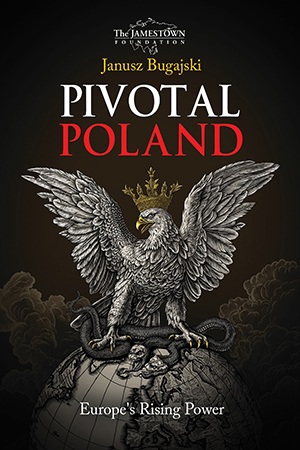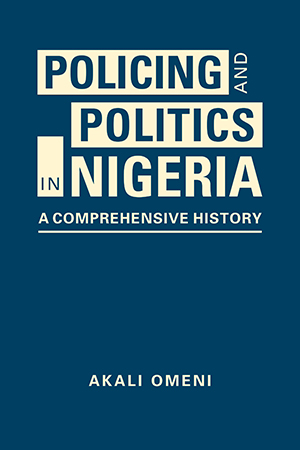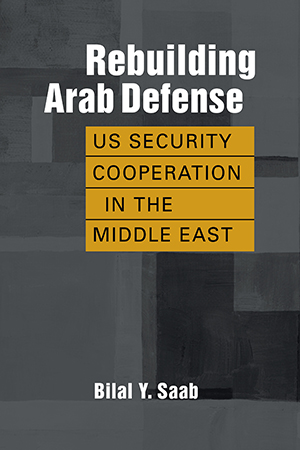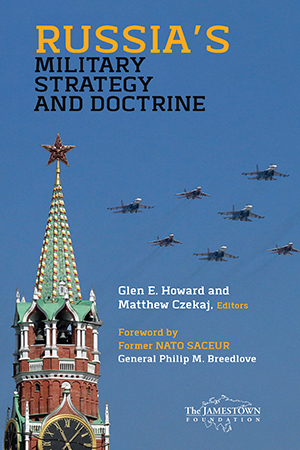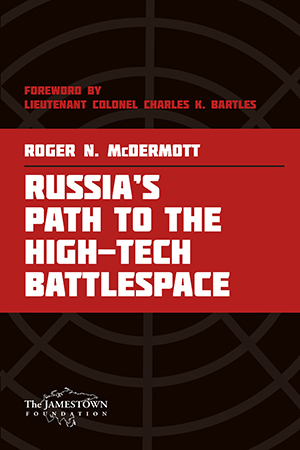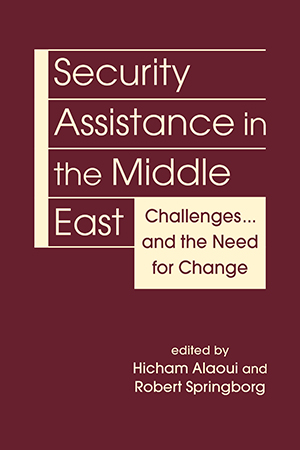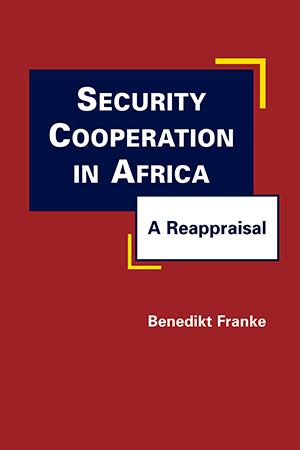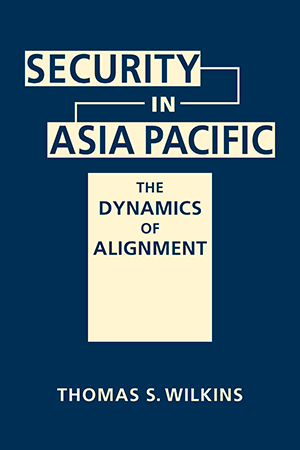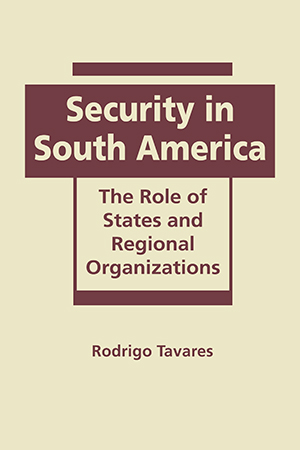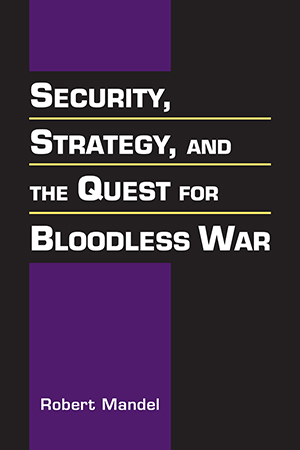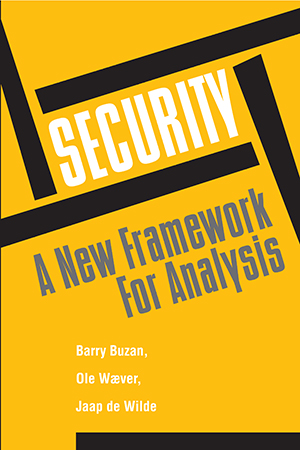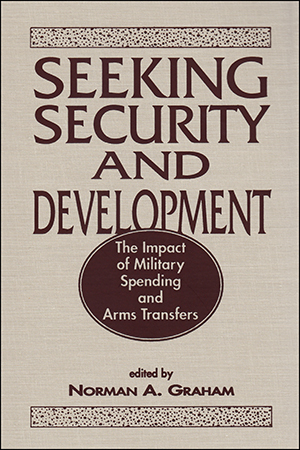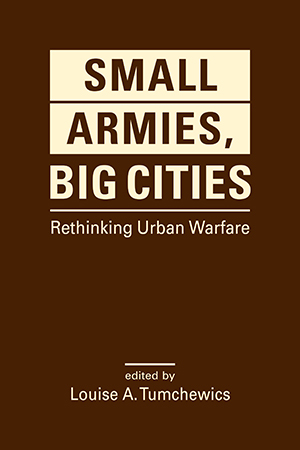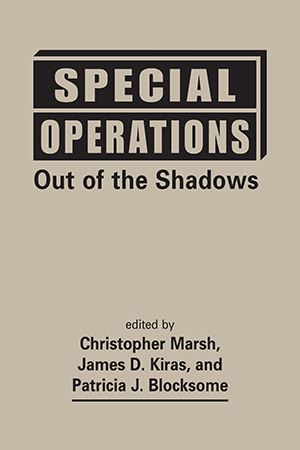Security & Intelligence Studies
Russia's full-scale invasion of Ukraine precipitated a tectonic shift in European security dynamics, ending a relatively peaceful post–Cold War phase and moving the epicenter of More >
Close to the center of politics since the nineteenth century, the Nigeria Police Force (NPF) has grown to become the country’s main security agency. Akali Omeni traces the checkered More >
After decades of US military assistance in the Middle East—providing expensive weapons systems and conducting military exercises—why are the military capabilities of US allies in More >
How does Russia fight wars? How are its experiences with modern conflicts shaping the evolution of its military strategy, capabilities, and doctrine? Addressing these questions, the More >
Roger McDermott traces the origins and trajectory of Moscow's modernization of its armed forces to exploit technology and adopt new approaches to warfare. Drawing extensively on More >
As a provider of vital infrastructure and technology, the private sector has become an essential contributor to US national security—and the target of hackers and terrorists. Darren More >
Why, given the enormous resources spent by the US and Europe on security assistance to Arab countries, has it led to so little success? Can anything be done to change the disheartening More >
In the midst of the atrocities reported in the Democratic Republic of Congo, the seemingly constant strife in the Horn of Africa, and the ongoing violence in Darfur, how do we make sense of More >
The complex security dynamics of the pivotal Asia Pacific region, involving disparate and contentious power blocs, clearly have implications far beyond the region itself. Thomas Wilkins More >
What types of threats and conflicts affect the countries of South America? What roles can and should states and regional organizations play in maintaining both traditional and human security More >
In recent decades, government and military officials alike have pushed increasingly in the direction of "bloodless wars," where confrontations are undertaken—and ultimately More >
Traditionalists in the field of security studies tend to restrict the subject to politico–military issues; while wideners want to extend it to the economic, societal, and environmental More >
Do military expenditures retard economic growth and development, enhance the development process, or neither? How effective are military and military-dominated regimes in promoting economic More >
"Avoid cities or die within" has been the prevailing attitude in the military when it comes to waging war in urban areas. So why do armies continue to fight there? What tactical More >
Why have special operations forces become a key strategic tool in the conduct of modern warfare? How do these specially trained and equipped elite units function? What types of missions do More >


